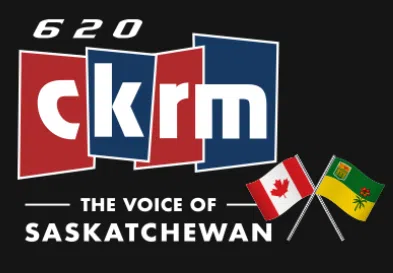A Crown prosecutor said Tuesday ‘Freedom Convoy’ organizers Tamara Lich and Chris Barber are not on trial for their political beliefs, but for the means they used to achieve their goal.
Tim Radcliffe delivered his opening statement as the pair’s trial got underway at a courthouse in Ottawa, nearly 20 months after police moved in and dislodged hundreds of trucks and other vehicles that entrenched themselves around the streets of Parliament Hill for three weeks in winter 2022.
Lich and Barber are charged with mischief, counselling others to commit mischief, intimidation and obstructing police.
Radcliffe said the Crown intends to demonstrate using 50 videos they filmed that shows they were key organizers of the movement that led to an “occupation” around downtown Ottawa
Lawyers for the accused disputed the use of the term “occupation.”
Radcliffe said Lich and Barber wanted the protest to bring an end to all COVID-19 public health orders but told the court the case is not about their “political views.”
He said instead the issue is that they “crossed the line” and committed different crimes.
Before opening statements, Radcliffe told the court the Crown will call 22 witnesses, including top police and city officials and former Ottawa mayor Jim Watson. He also said it will submit more than 100 exhibits including dozens of videos, photos and letters from the protest in January and February 2022.
Watson, who was the mayor of Ottawa during the protest, was at the courthouse Tuesday and confirmed he expects to testify.
Lich and Barber were part of the original group that mobilized a convoy of big rigs and other trucks and cars to drive to Ottawa in winter 2022 to protest COVID-19 public health restrictions and the Liberal government.
Hundreds of vehicles blocked downtown streets and thousands of protesters entrenched themselves for three weeks, hosting all-night parties with open fires, honking their horns at all hours and filing the streets with the smell of diesel.
The protest inspired similar demonstrations at several international border crossings and precipitated the first invocation of the federal Emergencies Act since the legislation was created in 1988.
Lich and Barber are co-accused, both charged with mischief, obstructing police, counselling others to commit mischief and intimidation.
Barber, who owns a trucking company in Saskatchewan, is also charged with counselling others to disobey a court order that banned loud honking in Ottawa’s downtown core.
The Crown hopes to establish that Barber and Lich worked together in lockstep, so that evidence against one of them will apply to both.
The two sat in the first row of seats behind their lawyers to answer to the charges Tuesday.
The rest of the benches in the courtroom are crowded with about 50 supporters, news reporters and lawyers.
The trial is being held strictly in person, with no option to view the proceedings virtually.
Given the public interest in the case, Justice Heather Perkins-McVey said she requested the largest courtroom in the Ontario court of justice to allow as many people as possible to watch.
Lich was greeted outside the courthouse Tuesday by a small crowd of supporters and reporters, but would only say “good morning,” as she walked past and into the building.
She arrived in a navy blue suit and crisp white shirt. Barber arrived in a plaid shirt and jeans.
One supporter on the sidewalk held a “Freedom” sign upside-down. Another carried sign that read “I support Chris Barber” on one side and “I support Tamara Lich on the other.”
Inside the courthouse a man in the crowd of supporters wore a “Free Tamara” T-shirt.
During the federal inquiry into the use of the Emergencies Act last year, Barber testified that the idea for the protest was initially born out of a conversation between him and another truck driver over the social media platform TikTok.
The two truckers had vented about federal vaccine mandates for cross-border truck drivers and spoke about launching a protest.
As the weeks passed, more and more people became involved in planning a demonstration, and the aim of the protest expanded to include the elimination of all pandemic public-health measures and, for some factions of the protest, the overthrow of Canada’s elected government.
Lich, a former member of the western independence movement in Alberta, joined the growing group of organizers to help them with their social-media presence and started an online fundraiser that ultimately garnered $10.1 million in donations.
She gradually became a figurehead of the movement. Just a few days into the protest, Keith Wilson, the organizers’ lawyer, introduced her as “the spark that lit the fire” of the Freedom Convoy.
Both Lich and Barber were arrested on the eve of a massive operation to forcibly remove protesters from the streets around Parliament Hill, after the Liberals declared a national emergency under the Emergencies Act and approved special powers for police.
Barber was immediately released on bail, but Lich was held in jail for a total of 49 days before her trial.
By Laura Osman and Stephanie Taylor in Ottawa


